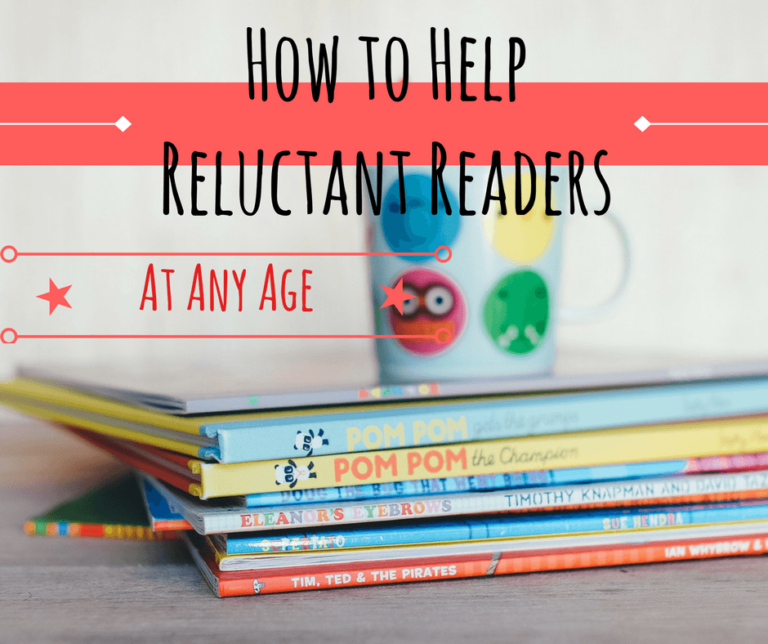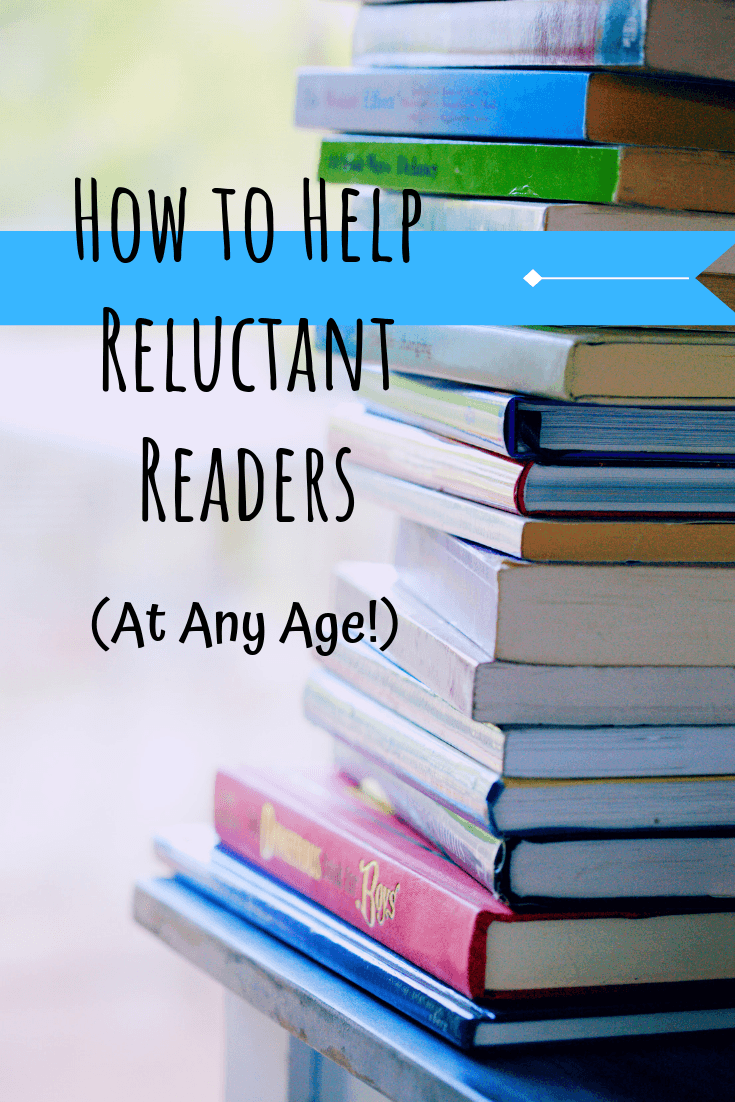Reluctant Readers: Tips to Help And Books To Encourage Reading
This post may contain affiliate links, which means I’ll receive a commission if you purchase through my links, at no extra cost to you. Please read full disclosure for more information.
Some of us are born right out of the womb as readers. Some of us are not. I was definitely one of the latter. It took me a long time to enjoy reading…pretty much anything. Luckily, I eventually found a passion for reading. But instead of with adult books, I love children’s books. I am pretty sure that when it comes to hoarding and buying, I might be the world’s worst with picture books. Now, thankfully, by being a teacher and a parent, I able to put this obsession to good use. Since I didn’t start out loving to read, I find it important to give reluctant readers the necessary skills to love books as early as possible.
My son loved reading the moment he was born. My son is to the point where we actually have to threaten “no books at bedtime” to get him to do what we want. I know…it sounds terrible, but we LOVE books around here. My daughter, well, it has taken her a little while longer. She’s definitely one of those reluctant readers. Throughout my experience with babies, toddlers, school-aged students, and everything in between, I have found a few ways to increase reading at all ages.
Reluctant Readers Ages 1-2- Find the right book and start a routine
Go through as many books as possible until you find the right one. Once you find the perfect book, stick to it. The book you choose should be short. Research suggests using a child’s age as an average attention span. This means, that a one year old can hold their attention on a specific task for about one minute. A two year old has about a two minute attention span. That’s crazy to think about, right? Our favorite books I have found to be best for one to two year old are touch and feel books. My baby girl loves to read her ABC touch and feel book. Every night before we go to bed, we read this book. We started a routine, found a book she loves, and she now gets excited when I tell her it is time to read. As she gets older, we will adventure towards new books, but we will continue to read this for as long as we can.
Ages 3-5- Find the perfect books and continue a routine
I can not stress this enough…the more you read out of fun, the better. Even though my son has always enjoyed reading, we still incorporate books into our daily schedule as much as possible. He gets so excited when I buy new books from our book fair at school! I make it a point to emphasize that books are FUN! Some of my favorite books to get kids this age into reading are the “Let’s Play,” “Press Here,” “Mix It Up” books. There is also a “Za Za Zoom” game. These are fun and interactive. You are basically playing a game while reading. These books are a blast to read! They are also great for beginning readers. There are few words and decently short. Continue with a routine every night and your child will become a life long reader.

Elementary School Reluctant Readers
- I have had many parents over the years tell me that they were up all night the night before practicing words. They explain to me how hard they are working and that they just don’t understand why their child isn’t reading. I am thankful for these parents because they put forth the effort with their child. However, kids are going to read, not because you force them to, but because they want to. You don’t want to your child to resent reading because you are constantly forcing them to read. Remember those attention span in kids? If you are working with them for longer than their age, they just aren’t learning.
- Find books your child can read…successfully. Allowing your child to feel a little bit of pride while reading can go a long way. Start with a book below your child’s reading level and work your way up after that.
- Reading ANYTHING is better than nothing. It doesn’t matter what your child is reading, as long as they are doing it. If your child wants to read “Captain Underpants,” let them. By telling them they have to read something else, all the fun is taken away.
- If by third grade, your child is still struggling with reading, I would personally look into other reasons as to why that might be. I would talk to your child’s teacher or pediatrician to see if there are other factors affecting them beyond their control.
Now, go have fun with your child and read! Have you found any strategies that have worked for your reluctant readers?
If you want to see other teaching ideas, check out all of our ideas here.

